Biden Pushes for Ceasefire in Gaza
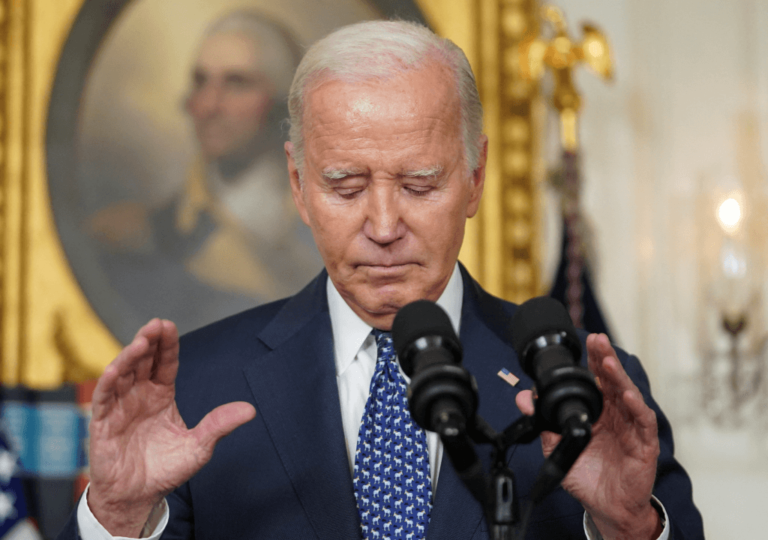
Israel's war on Gaza continues, with the US now working seriously towards a ceasefire, facing humiliation due to its weakened power over Israel and commitment to human rights.

Israel's war on Gaza continues, with the US now working seriously towards a ceasefire, facing humiliation due to its weakened power over Israel and commitment to human rights.
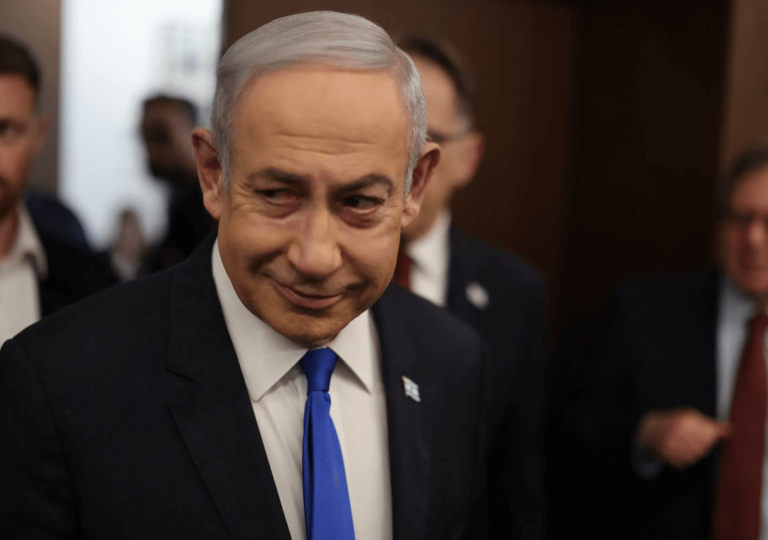
ICC demands arrest of Israeli leaders for war crimes in Gaza, sparking global debate and potential sanctions.

Iraq's complex power dynamics involve shifting allegiances between the US and Iran, impacting its political landscape.
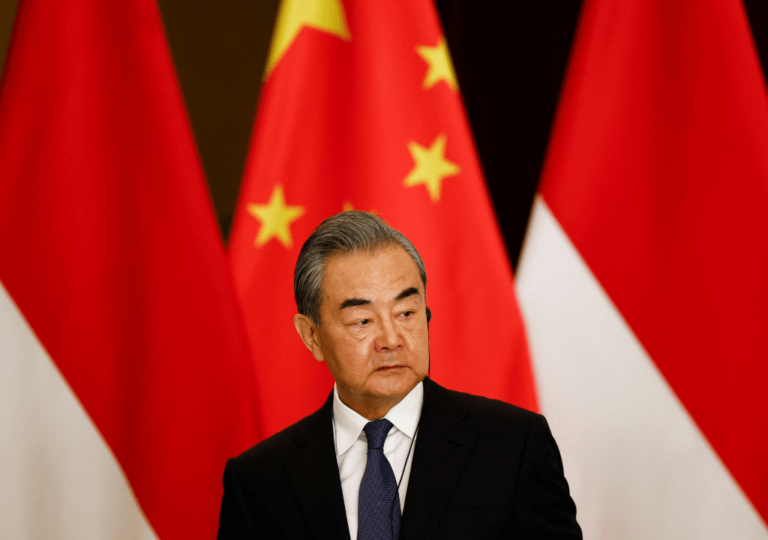
China emerges as a significant player in mediating the Israel-Palestine conflict, aiming to reconcile Palestinian factions and establish a recognized Palestinian state.

A new regional bloc, dubbed the "Squad," is forming between Australia, Japan, the Philippines, and the US to counter China's growing assertiveness in the South China Sea.
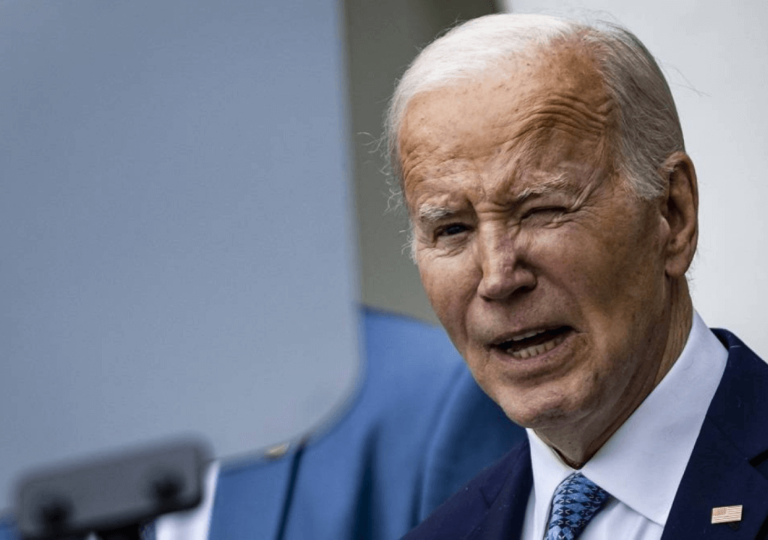
President Biden's controversial comments on immigration policies of Asian countries, Japan, China, Russia, and India have stirred reactions, especially from Japan, a key ally.
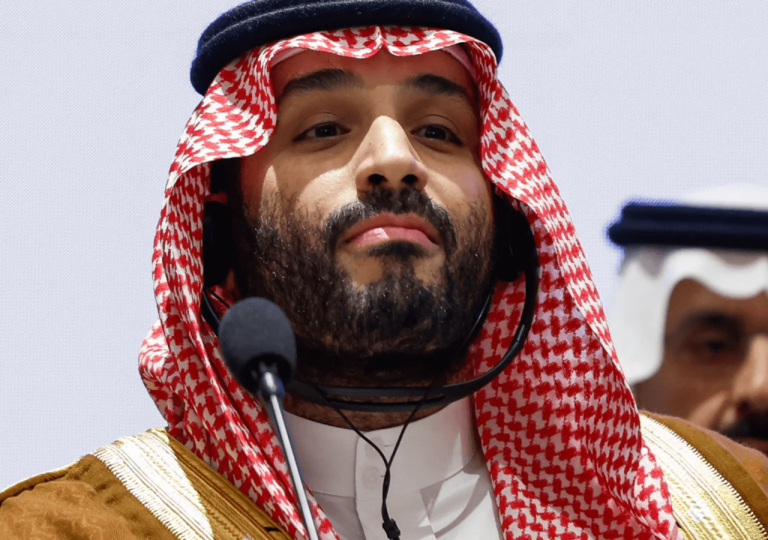
Saudi Arabia strategically navigates its alliance with the US amidst the Israel-Palestine conflict, aiming to secure favorable terms while excluding Israel from key agreements.
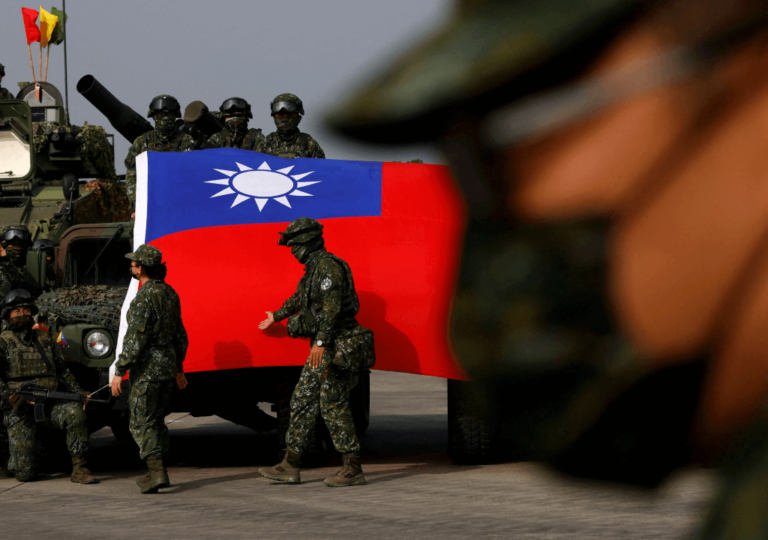
The US Foreign Aid Package allocates $95 billion to Ukraine, Israel, and Taiwan, with a focus on countering Chinese aggression in the Asia-Pacific region.

Global Muslim solidarity for Palestine, seen in rallies and protests worldwide, reflects shifting dynamics. Western nations show heightened support, contrasting with subdued responses in the Middle East and South Asia.

US, Japan, and South Korea conduct joint drills near China, while US and allies dominate South China Sea exercises.